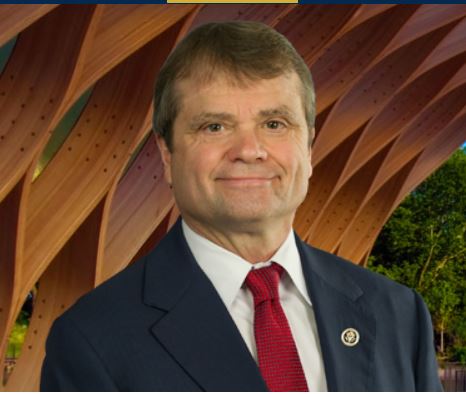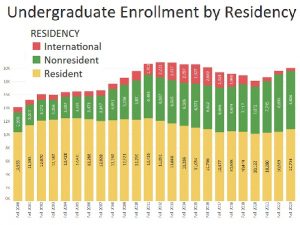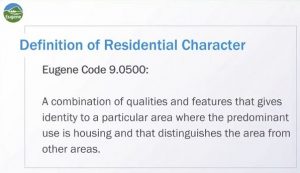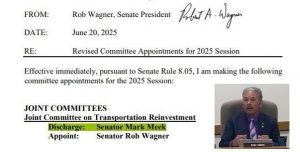Congressional Transparency Caucus founder: ‘Sunshine’ builds trust in government
3 min read
Rep. Mike Quigley
[00:00:00] Rep. Mike Quigley: As we’ve always said, sunshine can’t be an afterthought. It has to permeate that whole policy process and incorporate all the laws we do from square one.
[00:00:10] John Q: Rep. Mike Quigley formed the House Transparency Caucus. Speaking during Sunshine Week, he said opening government to the public helps build trust.
[00:00:16] Rep. Mike Quigley: Well, I formed this caucus 10 years ago. So, and let’s remember why — I come from Illinois and two of the last five people who have sat in this seat went to jail. Two of the last five governors in Illinois. We’re at 38 aldermen indicted since I’ve been in this business.
[00:00:36] So, you know, the reason I did it: The real cost of transparency is a loss of trust in government. And that trust in government is absolutely priceless. It’s hard to put a dollar figure on it.
[00:00:49] I used to kid around just because it was so such a dark issue, I was interviewed by Mr. Colbert when I got here. And the first thing he said was, ‘So Quigley: Rostenkowski, Blagojevich, have you picked out your prison yet?’ That’s sort of how we were looked.
[00:01:05] So we have tough enough choices here as it is, making tough votes. You know, for me, it’s the American people have to know that while they may disagree with us, the decisions we are making are based on what we think is right.
[00:01:20] You know, I just did a bill, the Act for ALS, which the president just signed, and we require reporting from the administration to ensure not just that the law is properly implemented, that it meets its goal of accelerating access to promising therapies. Because if you can’t measure you can’t evaluate. So reports by the administration are a valuable resource to Congress and the people we serve and all too often, those reports are inaccessible. They’re not centralized. They’re hard to find.
[00:01:50] So that’s why you need the Access to Congressionally Mandated Reports Act, which seems extraordinarily nerdy, but okay. Guilty. But it’s still real important. It was just common sense stuff we wanted to do so people can find out what’s going on and get access to information that we’re basing our decisions on.
[00:02:11] You know, we request thousands of reports every year, and it’s astounding me that the public had to jump through hoops to get them. You know, Sen. Portman and Sen. Gary Peters are tirelessly working to pass this bill in the Senate and for others from the Senate listening today, please join us and help us do this.
[00:02:28] And again, everything we do, we have to incorporate the notion of transparency and accountability, whether that’s cameras in the court to making sure the public knows all the reasons we’re doing.
[00:02:41] I used to joke at the end of these meetings, ‘Our next transparency caucus meeting will be sometime in the future at an undisclosed location at midnight.’ That’s how the American public views us. That’s how the conspiracy theories and the destructive aspects of how people look at government come to be.
[00:03:01] So you can’t give folks who already feel like that any more reason to believe that’s the case. So we have to just think about it all the time in everything we do, even if it’s bills that don’t seem related, everything we do, every bill we pass, authorization, appropriations start, that doesn’t seem like it has anything to do with the transparency and accountability can, and I think once that’s embedded in our daily processes, we’ll start to regain some of that trust.
[00:03:34] John Q: Shining a light on how government works: Rep. Mike Quigley says it can’t be an afterthought. We have to think about it all the time.



